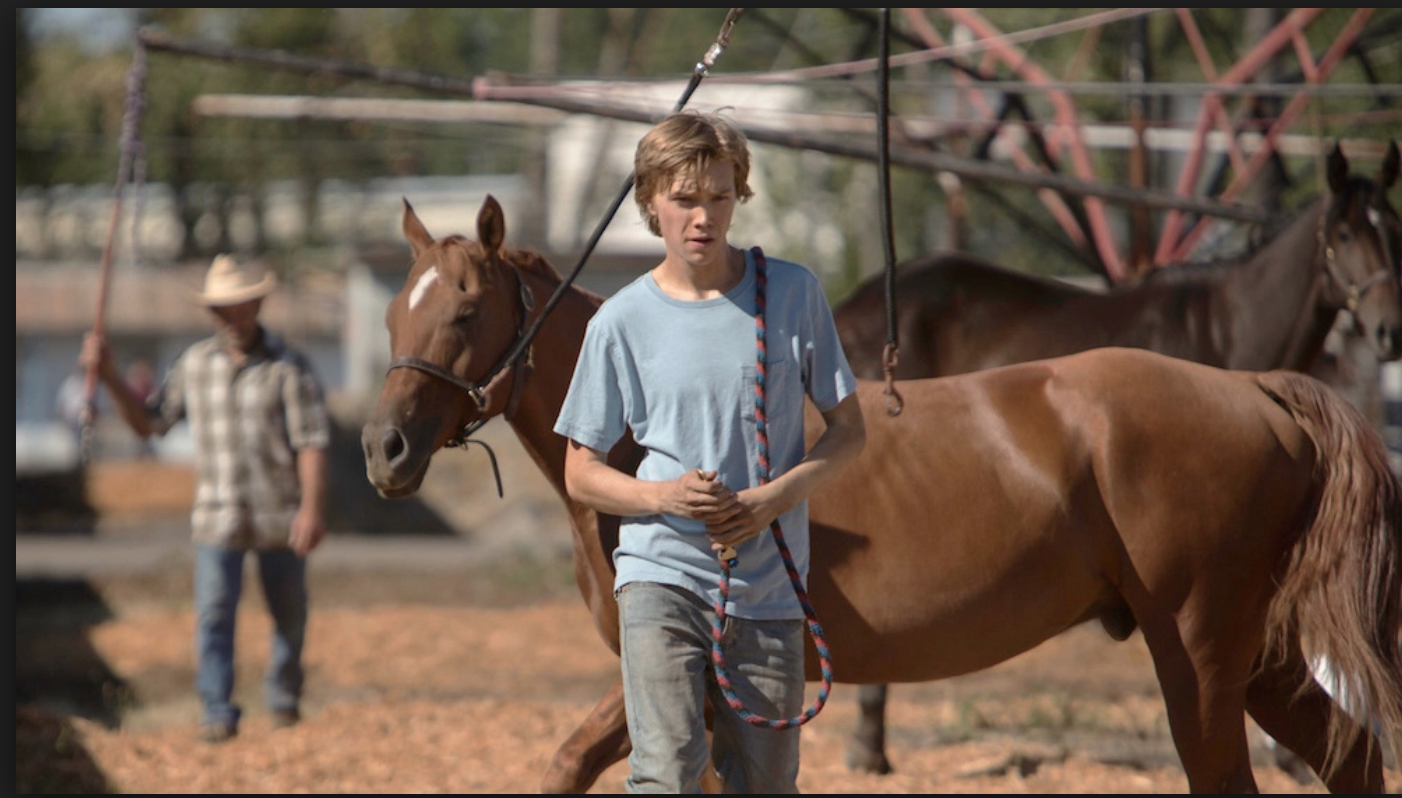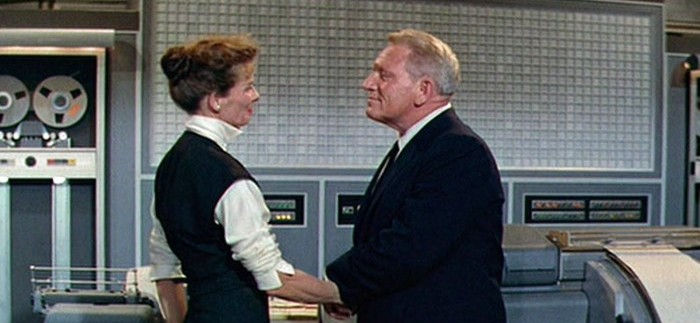

Lean on Pete is by acclaimed filmmaker Andrew Haigh (Weekend, 45 Years), and is based on the novel by Willy Vlautin. The story is centered on fifteen-year-old Charley Thompson (Charlie Plummer), who is new to Portland, Oregon, having been brought by his single father Ray (Travis Fimmel). Ray’s life starts falling apart, but Charley’s starts looking up when he gets a job at the local racetrack caring for an aging Quarter Horse named Lean On Pete.
When Charley discovers Lean on Pete is about to be sold for meat, he decides to save the racehorse, with whom he has forged a bond, no matter what the cost.
All of Haigh’s films seem to resonate with quiet longing, loneliness, and the kind of lasting love that sustains us even through our darkest periods. In his quest to bring those qualities to the screen, he has learned to excel in his casting, which is certainly a major aspect in which Lean on Pete is successful. Charlie Plummer as Charley is an emotional magnet for the audience, and he spends nearly every moment of the film onscreen. Chloe Sevigny, Steve Zahn, and Steve Buscemi, as secondary characters important to Charley’s journey, as well as Fimmel as Charley’s dangerously neglectful dad, carry an authenticity and realism that help carry the viewer through Charley’s heartbreaking internal and external journey. There are difficult scenes, it should be mentioned, for those who have problems seeing animals in peril, or who might be triggered by seeing physical abuse onscreen.
The cinematography the score, and the musical choices are also all elements that enhance the story. There are long periods where we witness Charley and Lean on Pete traversing the landscape and experiencing nature, during which it feels like we, the audience, are part of a meditation, or perhaps a prayer asking for their safety and a positive outcome. Check out my interview with Lean on Pete’s composer James Edward Barker, who created a gorgeously spare, elegiac score that punctuates the most powerful or weighty moments. Actually, Haigh has often chosen to have his films be completely devoid of a score, but he was wise to see what an important element Barker’s score is in moving the story forward and capturing tone in Lean on Pete.
Heartbreaking it is, but the story of Lean on Pete never fails to deliver truth, both moment by moment, and in its ultimate conclusion.
5 out of 5 stars



